We’re excited to introduce you to the always interesting and insightful Kim Beyer. We hope you’ll enjoy our conversation with Kim below.
Kim, looking forward to hearing all of your stories today. I’m sure there have been days where the challenges of being an artist or creative force you to think about what it would be like to just have a regular job. When’s the last time you felt that way? Did you have any insights from the experience?
Yes, and all the time! I probably consider a 9-5 at some point every single week. Being your own boss sounds cool, and sometimes it is, and mostly it’s a whole lot of hard work. And because the pressure’s on, and because I love what I do, I don’t ever totally clock out at the end of the day. Even if I’m not doing work tasks, some part of my brain is always thinking about it. So I mostly wonder what it’s like to have a complete break. Art comes from you, and you’re never not yourself, so it goes where you go. I’ve found a few workarounds, because downtime is one of the best prerequisites for creativity. Last week I took my kids to Lake Erie for a few days, because I knew they’d enjoy it but also because I need to physically remove myself from my normal environment and focus solely on someone else at times.
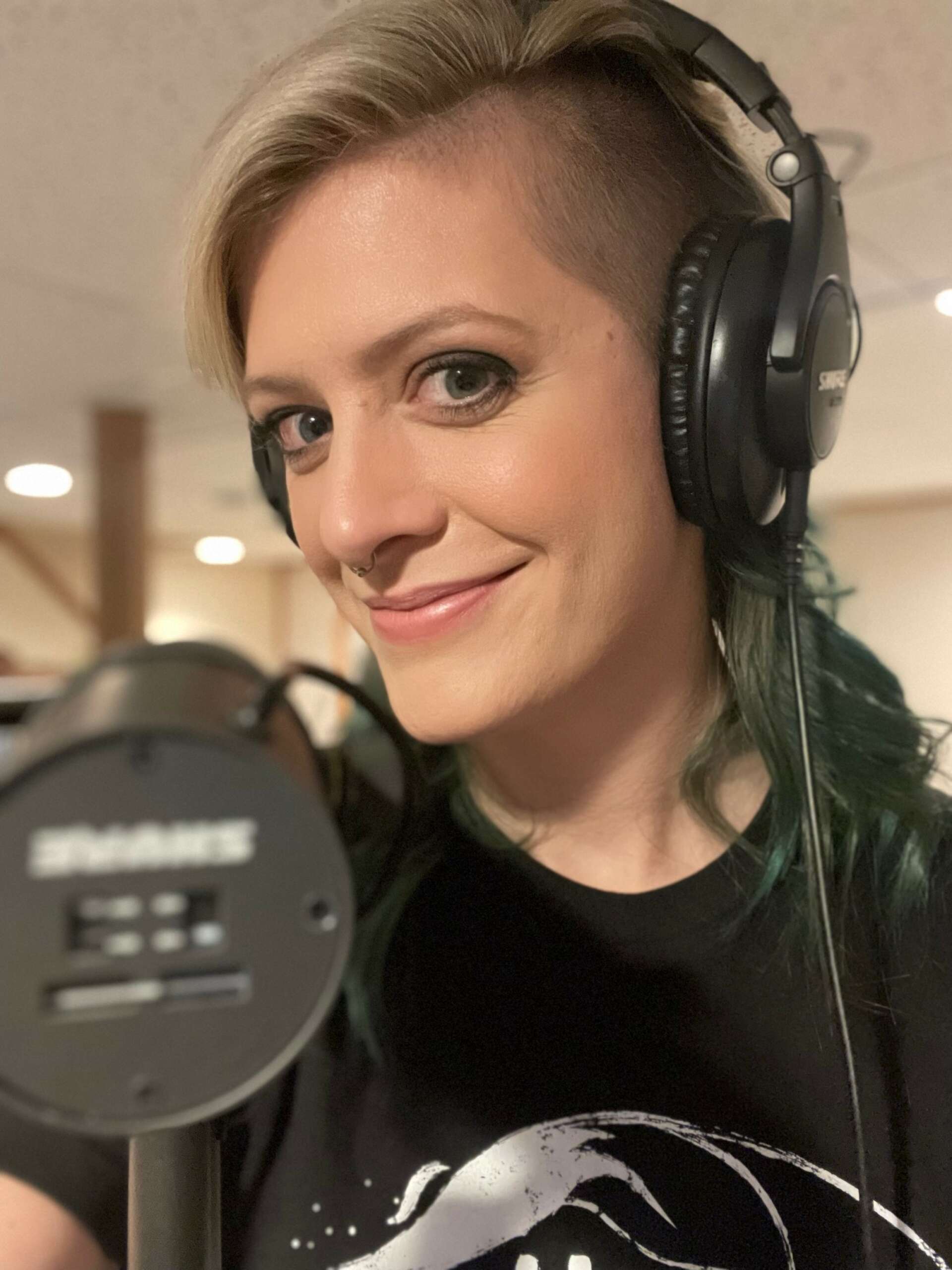
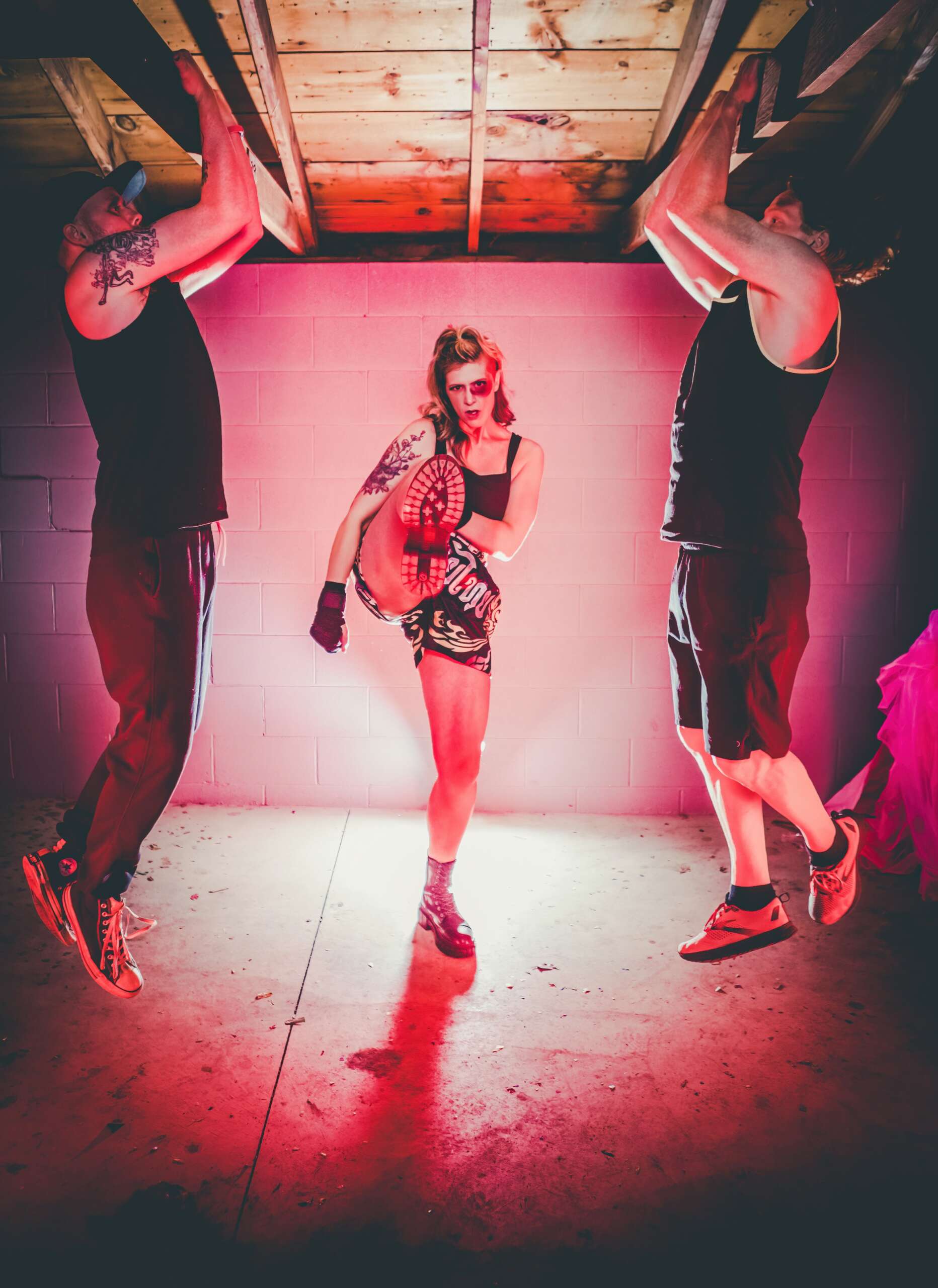
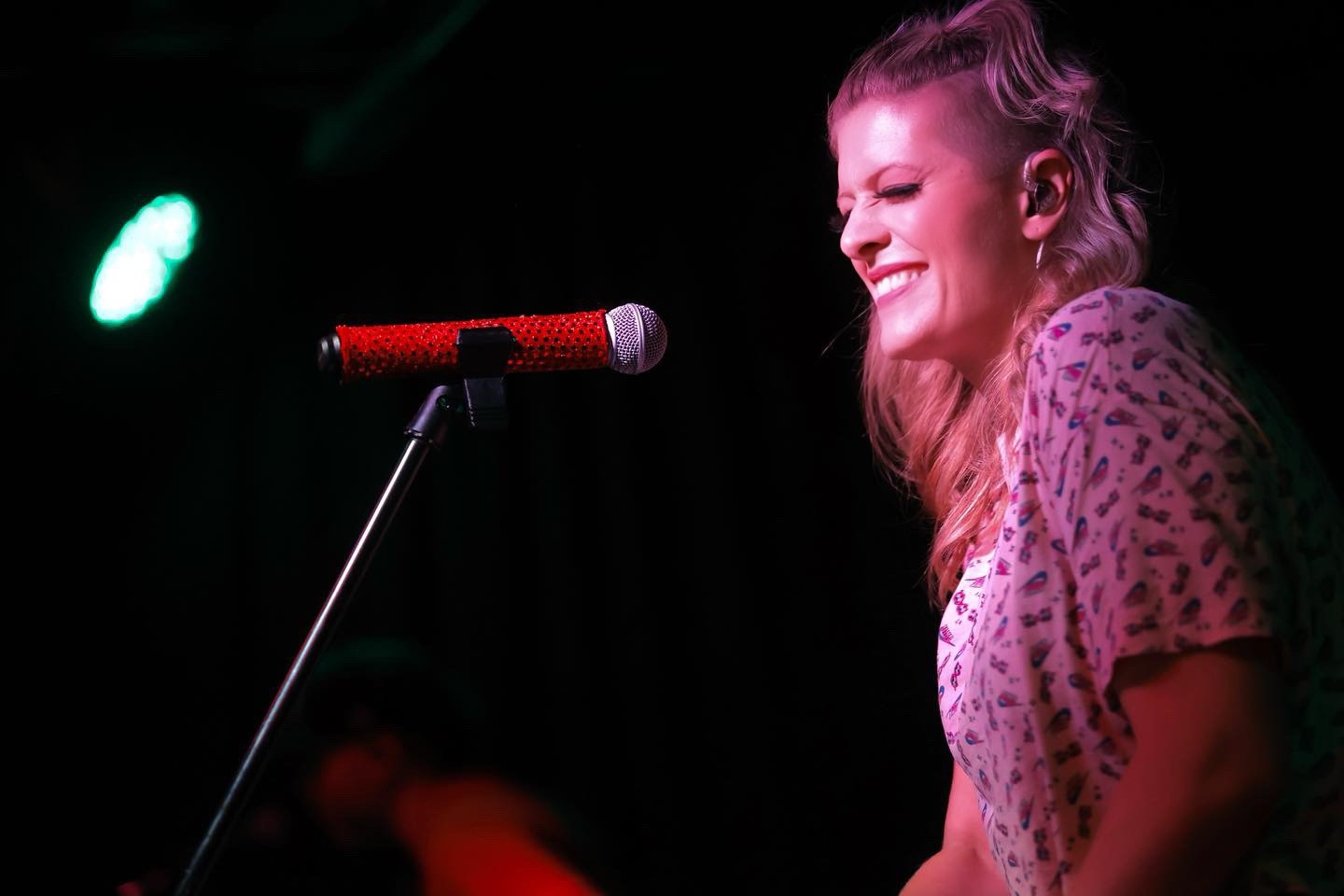
Great, appreciate you sharing that with us. Before we ask you to share more of your insights, can you take a moment to introduce yourself and how you got to where you are today to our readers.
I’m a musician who really focuses on her audience. That’s possibly what sets me apart as an artist, that I try to understand my fans and create for them instead of using my songs as a personal outlet. I’ve been making music for a long time but only recently realized that waiting around for a big break is a great way to waste time and resources, and is ultimately not very meaningful. Music has always connected people, and I love that about it, and I lean into it by heavily using social media. Artists today can interact with fans more easily and quickly than ever before, and a huge part of my job is talking with them. I know their names, what they do for work, what their hobbies are, what part of the world they’re in, how they’re doing this week, and how they found me. Most of my listeners are actually people who’ve had a difficult diagnosis or who’ve cared for someone who has, so you’ll find plenty of encouraging themes in my songs, but I also write about grief and loss quite a bit. I try to limit “vanity posts” that focus on my accomplishments, releases, live performances, etc, and try to instead ask questions, use “you” more than “I” statements, opening up conversations in the comment section. I produce high-quality music that sounds great, but I’m never looking for someone to say I sound great. I want them to feel supported in their actual lives when they hear me.
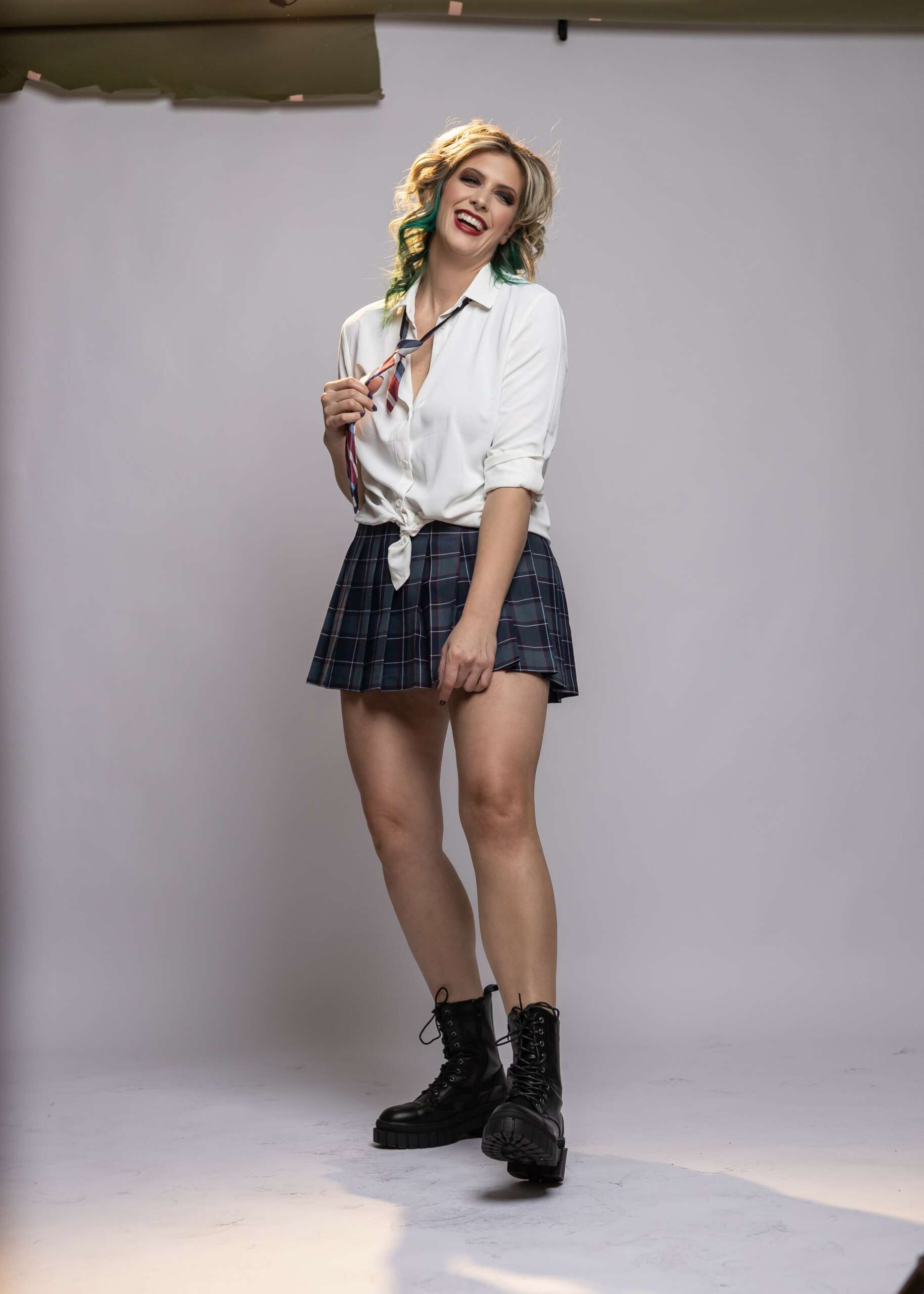
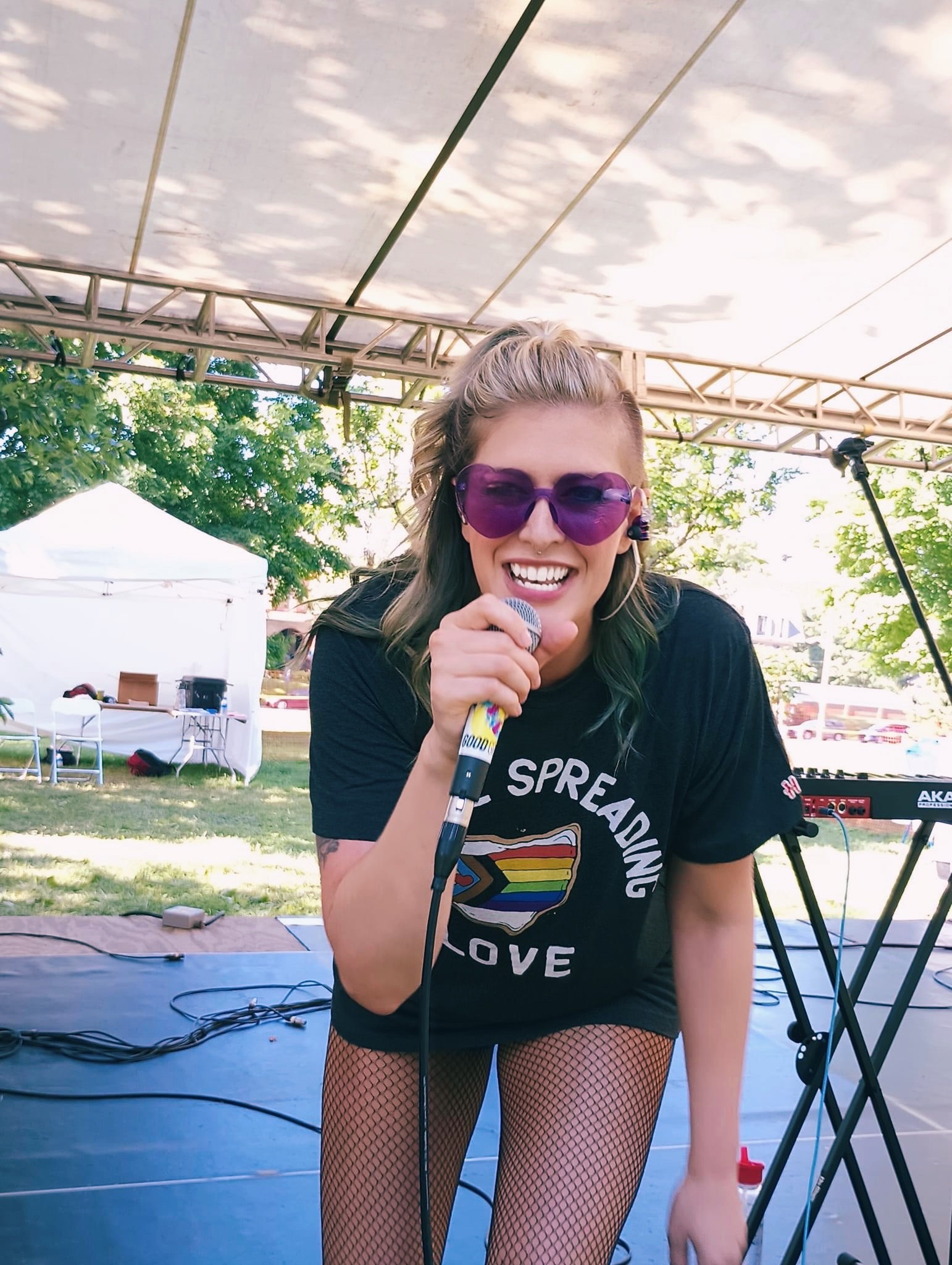
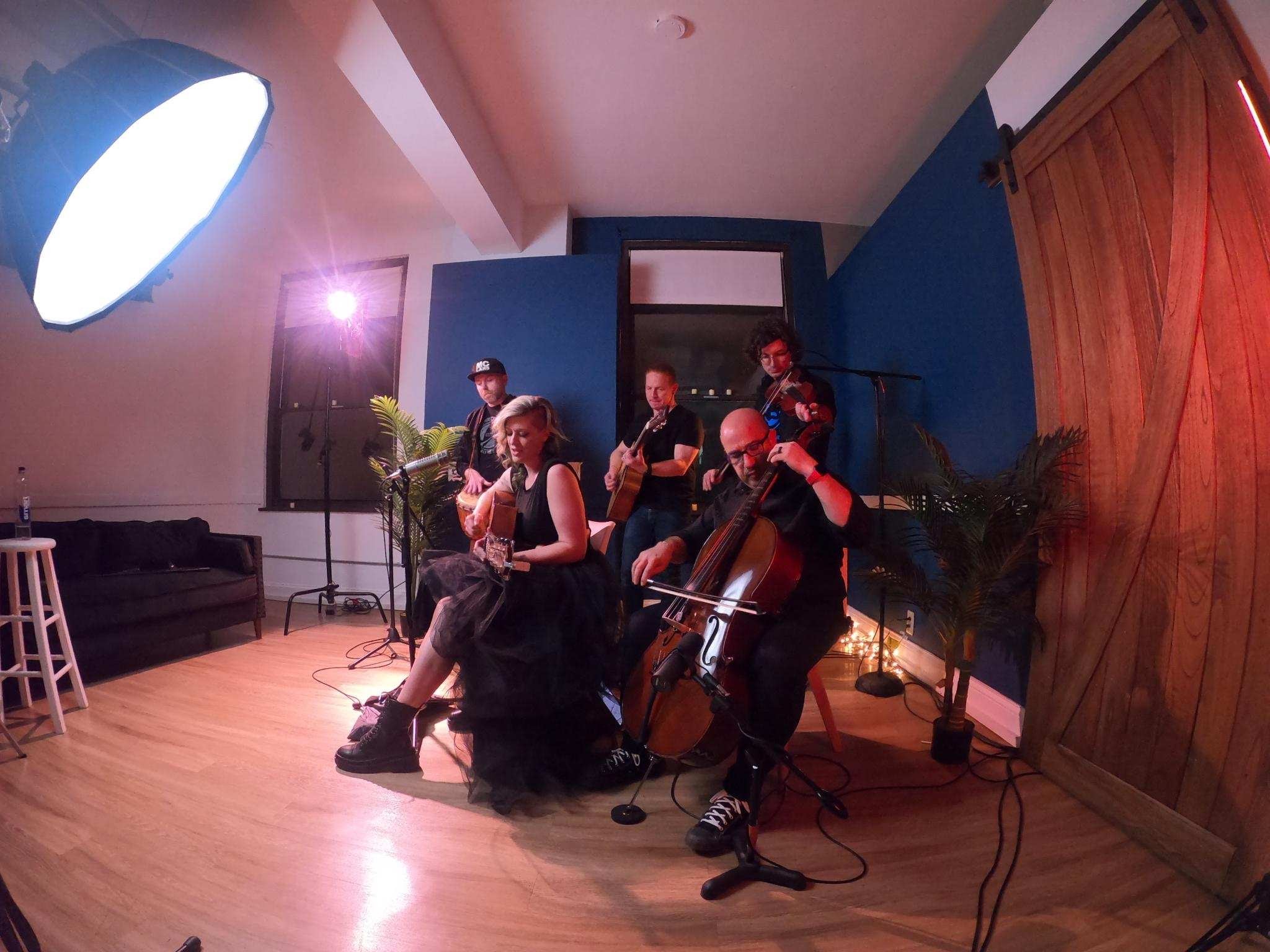
How did you build your audience on social media?
Tell your deepest stories and be yourself. Tell your stories from different angles, tell them with energy and personality, don’t filter, don’t overthink, and always be tying your stories back to what you do. There’s probably a reason you wrote this line, or danced like that, or used these colors, or chose your career in the first place. It is vulnerable, but it will stand out, attract people, and engage them in a way that’s more meaningful than “Listen to my new track”. Why should they? It’s no better than someone else’s. At their core, most humans are looking for authenticity and connection, so give it to them. Be the artist who gives them more of it than anyone else, and be consistent. The rest will follow.
We’d love to hear a story of resilience from your journey.
A reporter interviewed me last summer and sold it to the New York Post, who twisted my family’s story into something really ugly, reducing us to clickbait. Other tabloids copied the story, it was everywhere, and readers started looking me up, sending me hate mail, spamming the comments on all of my accounts. It almost buried me. I was afraid of the internet and didn’t want to go to work or post anything because I was so tired of being berated by strangers over something that wasn’t even true. When you want to give up like that, you need to pivot instead. My inbox might’ve had a lot of insults in it, but there were more messages from people who understood my family’s journey because they were in a similar situation themselves. So I began to focus on them, creating exclusively with them in mind. They became the reason I kept going. Before them I was just making music because I liked it. That’s not a terrible reason, but it’s not deep enough to carry you through many challenges. My fans are amazing people who’ve dealt with the unimaginable. They inspire me! Knowing that I add anything valuable to their lives makes it easy to show up. Anytime I’m struggling now, I look for a better reason to keep going than what was motivating me before.
Contact Info:
- Website: kimbeyer.net
- Instagram: http://instagram.com/_kim_beyer_
- Other: http://www.tiktok.com/@_kim_beyer_
Image Credits
Sam Fahmi, Ax Stinnett, Brea Creative


